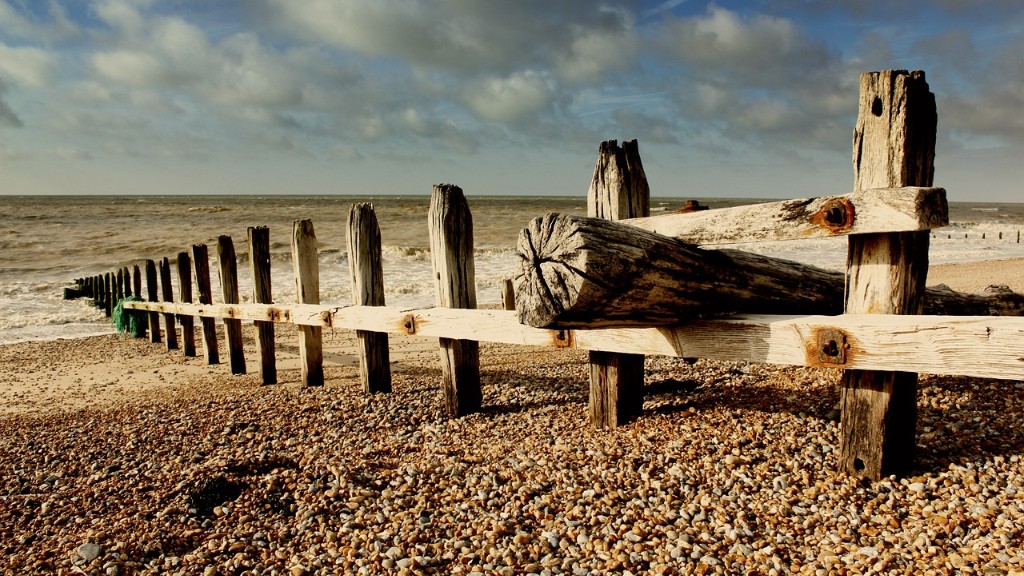Overview and Background
Ireland in 1844 was not considered a part of Great Britain, nor had it ever been. It was an island nation of its own with its own government, laws, language, culture, and customs. Ireland was separate from Great Britain and its other constituent nations, Wales and Scotland, by the Anglo-Irish Treaty of 1800. Though the two nations shared the same monarch, for centuries Ireland was effectively an independent nation. It was only in the 1800s and especially throughout the period of the Great Famine, that Ireland began to be strongly considered as a part of the United Kingdom.
Laws and Regulations in 1844
In 1844, Ireland was governed by the Irish Parliament, which was subject to the laws of the United Kingdom. The law had to be approved by both Parliament and the UK Government before it could be passed into effect. Ireland’s own laws were enacted independently and could not override any UK laws. For certain landmark judicial cases during the period, the Court of Chancery would make a determination based on the laws of the UK Government. This could influence the progress of Irish issues that arose in the courts, but could not overrule them. It was only in 1949 that Ireland truly became a fully independent nation with its own legal system.
Economic Impact of Great Britain in Ireland
Ireland was not directly a part of the United Kingdom’s economy in 1844, though it was economically intertwined with British politics. Ireland was still heavily dependent on British agricultural production for food and resources, and the UK had a powerfully influential effect on the Irish economy. This was particularly the case during the Great Famine of 1845-1847, when the Irish economy collapsed, leading to thousands of deaths from food shortages and poverty. At the same time, the UK had the means to supply food to the Irish people, but refused to do so, firmly entrenching the mass suffering of the famine and ensuring that Ireland would not rise out of poverty.
Political Influence and Presence of Great Britain in Ireland
In the political sphere, Ireland was recognized by the United Kingdom as an independent nation-state and allowed to operate its own government. During this period, British politics did have an influence in Ireland, however, it was more a presence than policy of direct involvement. This could be seen in the presence of the British Army in Ireland who helped maintain order but did not actively intervene in Irish politics, and in the population of Protestants in Northern Ireland who identified as British. This allowed the British to maintain a degree of control over the Irish,through the use of taxes and tariffs, and maintaining a presence in the population.
Popular and National Opinion of Great Britain in Ireland
Though Great Britain and Ireland were not technically united in 1844, public opinion of the island widely varied. There were those who deeply embraced the fellowship between the two islands and those who despised the British presence in Ireland. This division was reflected in public opinion of the two islands with some considering a uniting of the two island nations and some pushing firmly for total Irish independence. This public opinion eventually helped to shape Irish politics and the eventual independence of the nation.
Influence of the Irish Rebellion of 1798
The Irish Rebellion of 1798 had a lasting effect on Irish politics and public opinion. It was during this period that Irish revolutionaries such as Theobald Wolfe Tone pushed for an independent Irish Republic free from British rule. This led to the Act of Union of 1800 and the ensuing political turmoil in Ireland as revolutionaries and the British government attempted to reach a peaceful resolution. This rebellion firmly pushed the Dublin government to consider independence for Ireland and shaped the struggles and victories of the nation over the course of the 19th century.
Current State of Affairs
The current state of affairs between Ireland and Great Britain are undoubtedly shaped by the events and public opinion of 1844. Though Ireland was not officially part of Great Britain in 1844, the relationship between the two islands has been close ever since. Ireland and Great Britain remain present in each other’s politics, particularly in regards to issues such as Brexit and Northern Ireland. Ireland is currently an independent nation though with extremely close ties to the United Kingdom. Though public opinion of this relationship is still varied, it is undeniable that Britain has had a significant impact on Irish politics and society since 1844.
Political and Social Structures of Great Britain and Ireland in 1844
The political and social structures of Great Britain and Ireland in 1844 were vastly different. The United Kingdom was a strongly centralized state with a powerful government and well-developed political infrastructure. Ireland, on the other hand, was a separate nation-state with its own laws, government, and judicial system. This was part of the reason why Ireland was not considered a part of the United Kingdom in 1844, and why the two nations had to settle their differences through political negotiation and treaty.
Impact of Great Famine on the Relationship
The Great Famine of 1845-1847 had a profoundly negative effect on the relationship between Ireland and Great Britain. Though not the direct cause of the famine, the British government’s failure to intervene effectively or support the Irish people during this time led to mass suffering and thousands of deaths. This led to a deep-seated resentment of the British government in Ireland and an intensification of the struggles for Irish independence. Over the course of the 19th century, Irish opinion of the British government became even further entrenched which served as a necessity for Irish independence by the next century.
Post-Famine Impact on British-Irish Relations
Post-famine public opinion in Ireland was strongly entrenched in the favour of Irish independence. This led to the formation of various Irish nationalist and political organizations pushing for an independent Irish state. This eventually led to the 1916 and 1921 rebellions, the Anglo-Irish War, and the eventual formation of an independent Irish Free State in 1922. Though Ireland is still closely tied to Great Britain, the two islands, politically, culturally, and economically, it officially became a separate nation-state in 1949.
Political and Social Uprising Following the Famine
The events of 1844, and more specifically, the Great Famine, resulted in a powerful political and social uprising in Ireland. This was due to the public outrage directed at the British government for not intervening and offering assistance to the Irish people during this time. This led to an increase in Irish nationalism and ultimately, the formation of various Irish republican organizations pushing for Irish independence. This ultimately culminated in the 1916 and 1921 rebellions and the subsequent establishment of an Irish Free State.
Conclusion of Irish Independence in 1949
Ireland eventually achieved full independence from Great Britain in 1949 with the formation of the Republic of Ireland. During this period, the Irish people had finally achieved the freedoms and rights that had been denied to them since the formation of the United Kingdom, and the island was able to progress towards becoming a powerful nation under the direction of the new Republic. Though the two nations still maintain close ties and Good Friday Agreement, there is still an unmistakable sense of national pride in Ireland for having become an independent state after centuries of struggle and suffering.



